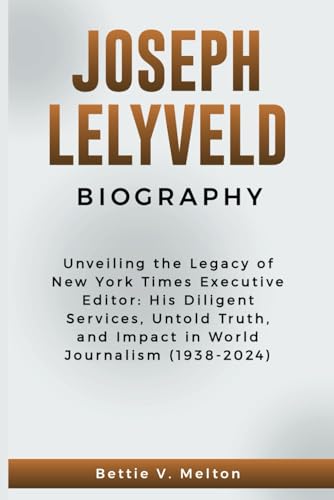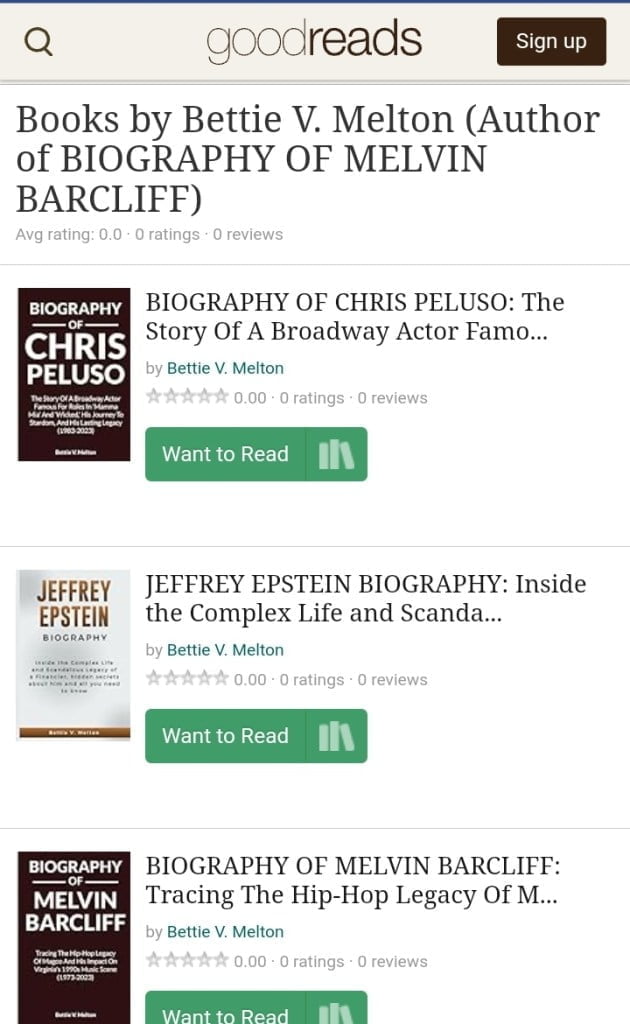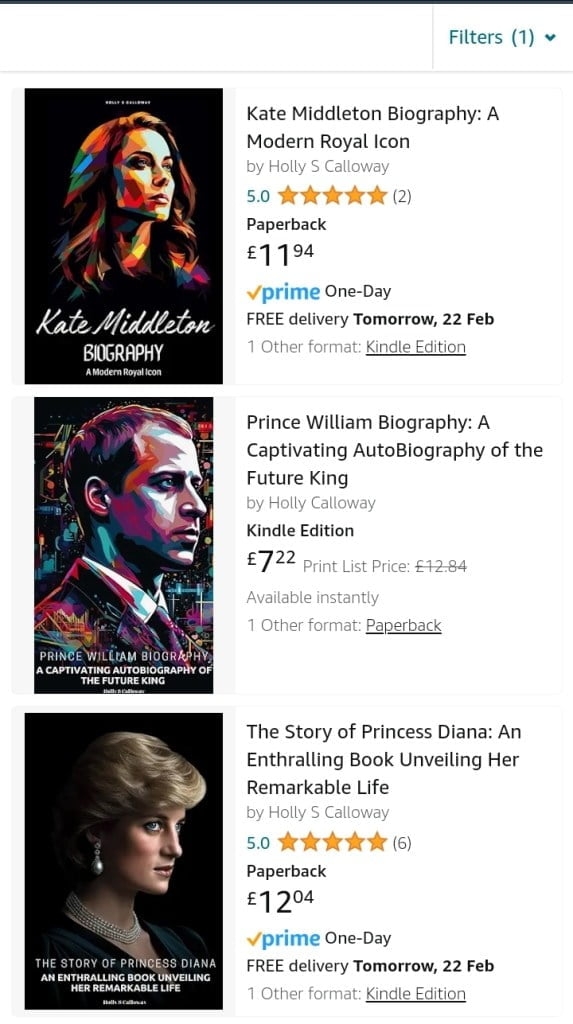In the wake of the deaths of notable figures such as Toby Keith, Chita Rivera, Tom Smothers, and Norman Lear, a new and concerning trend has emerged in the publishing world. AI-generated biographies, riddled with factual inaccuracies and grammatical errors, are being hastily published, exploiting the names of the recently deceased.
The sudden surge of AI-generated obituaries
According to The New York Times, the phenomenon came into sharp focus following the death of Joseph Lelyveld, a former executive editor of The New York Times. Michael Lelyveld, Joseph’s brother, discovered multiple biographies on Amazon immediately after his death, none of which accurately depicted his brother’s life. These biographies falsely portrayed Joseph Lelyveld as a chain smoker who worked in Cairo and reported from Vietnam. “They want to make a buck on your grief,” Michael Lelyveld told the publication.

One such book titled “Beyond the Byline: Unraveling the Heart of Joseph Lelyveld: The Man Who Smoked His Way Through History” was found to have a 97% chance of being AI-generated, according to GPTZero, a tool designed to detect AI-generated text.
The books, often available for a nominal fee and lacking in customer reviews, appear to be a part of a “macabre new publishing subgenre,” as described by the NYT. Despite their questionable quality, these biographies find their way onto platforms like Amazon’s Kindle Unlimited, promising authors payment per page view.
Platform accountability: Amazon’s response to AI biographies
Amazon spokesperson Lindsay Hamilton stated that they allow the sale of AI-generated books unless they result in “a poor customer experience.” Following alerts to the dubious nature of several of these biographies mentioned, Amazon removed them, adhering to their content evaluation measures. And it doesn’t appear to be contained to just Amazon. Even Google search results are being inundated with AI-written obituary spam.
Read: Rory Cellan-Jones calls Amazon AI-generated bio ‘utter tosh
Edward Tian, the founder of GPTZero, highlighted the implausibility of these books being written by humans, given their sheer volume and the frequency of publication. This is seen through the fact that authors listed for these books, such as Bettie Melton and Lori M. Graff, were either fake or actually deceased themselves.
Amazon-owned book site Goodreads also showcases some of these works, and have not yet taken down the books in question. Under the profile Bettie Melton, there are around 30 titles including biographies on the late politician Henry Kissinger, the disgraced sex trafficker Jeffrey Epstein, and even Iranian Nobel Peace Prize winner Narges Mohammadi.

On top of this, a dubious book named “Prince William Biography: A Captivating Autobiography Of The Future King” on Amazon, claimed that the Princess of Wales engaged in drug use during her study year abroad in Florence. Whilst a book about Diana, Princess of Wales, titled “The Complete Guide Editions,” propagated the long-discredited falsehood that her death was connected to MI6.
Read: Buckingham Palace criticises AI books on King Charles’ cancer
Some of these books have been available on the e-commerce site since as early as May 2023 but have yet to be removed. This scrutiny comes after AI-generated books about King Charles’ cancer diagnosis emerged on the website.

This emerging trend of AI-generated biographies raises ethical concerns about respect for the deceased and the potential for misinformation. As these biographies continue to populate online marketplaces, the debate over the responsibility of platforms like Amazon in curbing such exploitative practices intensifies.
How To Be Books has reached out to Amazon and is awaiting a response.
Through biographies, we gain a deeper appreciation for the complexities of human relationships, as we witness the bonds of love, friendship, and camaraderie that sustain us through life’s trials and tribulations.